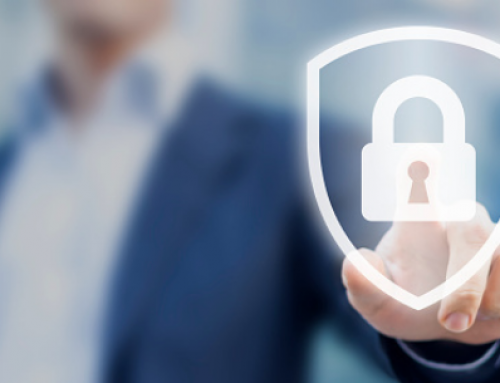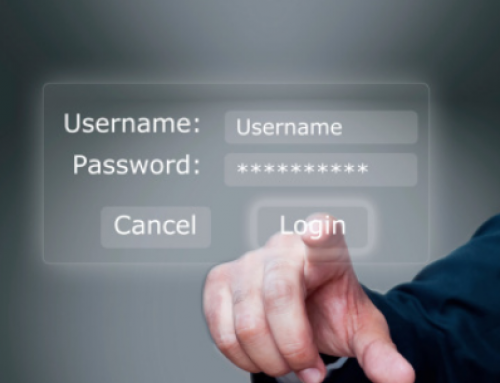Introduction to Online Safety
Online safety has become paramount. The rapid growth of technology in every aspect of lives opens new avenues for cyber threats. Individuals must be aware of the risks and proactively protect their online presence. Our aim is to provide essential tips for online safety and implementing these practices can significantly enhance your cybersecurity and safeguard your digital identity.

Strong and Unique Passwords
One of the simplest yet most effective ways to protect yourself online is by using strong and unique passwords. Unfortunately, many cyber-attacks succeed due to weak or easily guessable passwords. Instead, create complex passwords that combine uppercase and lowercase letters, numbers, and special characters.
Avoid using common phrases or personal information because cyber hackers test for basics first. Additionally, use a different password for each online account to minimize the impact of a data breach.
Password managers are a great alternative to creating and remembering your own unique passwords. A password manager generates highly secure random passwords eliminating reuse of the same passwords across systems and applications.
Enable Two-Factor Authentication
Two-factor authentication (2FA) adds an extra layer of security to your online accounts. It requires you to provide additional information, such as a verification code sent to your mobile device, in addition to your password. By enabling 2FA, even if someone manages to obtain your password, they will still need the secondary authentication method to gain access. As a result, 2FA significantly reduces the risk of unauthorized access to your accounts and enhances online safety.
Some vendors and applications have 2FA imbedded as part of their login process and 2FA should be enabled whenever possible. The implementation of a secondary login check eliminates stolen passwords as an open door to your vital information.
Be Cautious of Phishing Attacks
Phishing attacks continue to be a significant threat in the digital landscape. Cybercriminals use deceptive tactics, such as fraudulent emails or websites, to trick individuals into revealing sensitive information or clicking on malicious links. According to recent studies, phishing attacks account for a large percentage of successful data breaches.
To protect yourself, be cautious of unsolicited emails, verify the authenticity of websites before providing personal information, and avoid clicking on suspicious links. In addition, please educate yourself about standard phishing techniques to recognize and avoid them.
Anti-phishing training and tools are available to help spot and minimize phishing risk. Hackers are good at replicating the look and feel of websites and domains and precautions are necessary to protect your organization’s data.
Keep Software and Devices Updated
Keeping your software applications and devices up to date is crucial for maintaining a secure online environment. Developers regularly release security patches and updates to address vulnerabilities and enhance the overall security of their products. However, by neglecting updates, you leave your systems exposed to known exploits.
Enable automatic updates whenever possible and regularly check for updates on your devices, operating systems, and applications. Frequently updating your systems reduces the time required to perform updates and significantly reduces your risk. This simple practice can significantly reduce the risk of falling victim to known security flaws.
Secure Your Home Network
Your home network is the gateway to the world, making it essential to secure it properly. Start by changing the default login credentials for your router and using a strong and unique password.
Enable network encryption, such as WPA2 or WPA3, to prevent unauthorized access. Next, consider hiding your Wi-Fi network’s name (SSID) to make it less visible to potential attackers. Regularly review connected devices, ensure strong passwords, and update the firmware.
With more of us working from home, home Wi-Fi security adds another layer of security to keep our electronic communications safe and secure.
Exercise Caution on Social Media
Social media platforms are a treasure trove of personal information that cybercriminals can exploit. Be cautious about the information you share on social media; it is used for identity theft, social engineering attacks, or targeted phishing attempts. Review your privacy settings and limit the amount of personal information visible to the public. Be wary of friend requests or messages from unknown individuals and avoid clicking on suspicious links shared on social media.
If 2FA is available on the social media platform, enable it. Hackers want to take over you accounts to gather personal information and setting up a second authentication step reduces the risk of a hacker taking over your account.
Regularly Back Up Your Data
Data loss can have severe consequences, both personally and professionally. Regularly backing up your data is crucial for mitigating the impact of ransomware attacks, hardware failures, or accidental deletions.
Use external hard drives, cloud storage, or automated backup solutions to create multiple copies of your important files and documents. Test your backups periodically to ensure their integrity and accessibility when needed. You can restore your data during a security incident by having reliable backups.
Conclusion:
Ensuring online safety should be a top priority for everyone. By following these essential tips for online security, you can significantly reduce the risk of falling victim to cyber-attacks and protect your digital identity. Remember to use strong and unique passwords, enable two-factor authentication, be cautious of phishing attacks, keep your software updated, secure your home network, exercise caution on social media, and regularly back up your data. By adopting these practices, you can confidently navigate the digital world and maintain a secure online presence.
Give us a call at 617-958-6780 or email info@roansolutions.com to start the conversation and see how we can help your team combat cybersecurity risks and use IT to accelerate the growth of your business.












